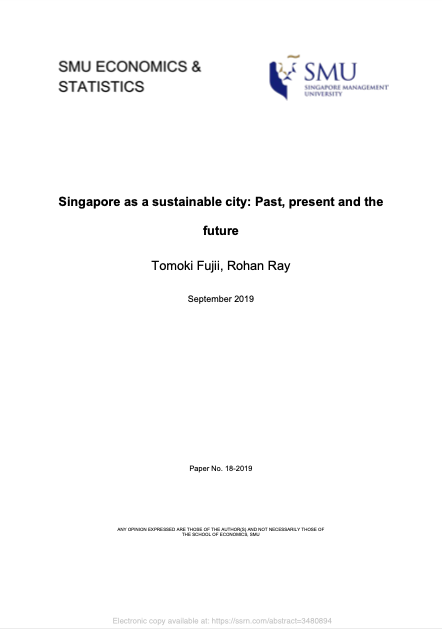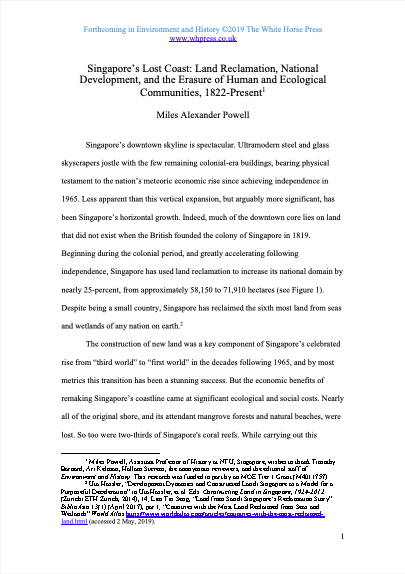Economy of land degradation in the Republic of Tajikistan (Fayzabad district)
Presentation on Economy of land degradation in the Republic of Tajikistan (Fayzabad district), delivered during CACIP Regional consultation meeting which was held in Dushanbe Tajikistan on the 27th of September 2019.






